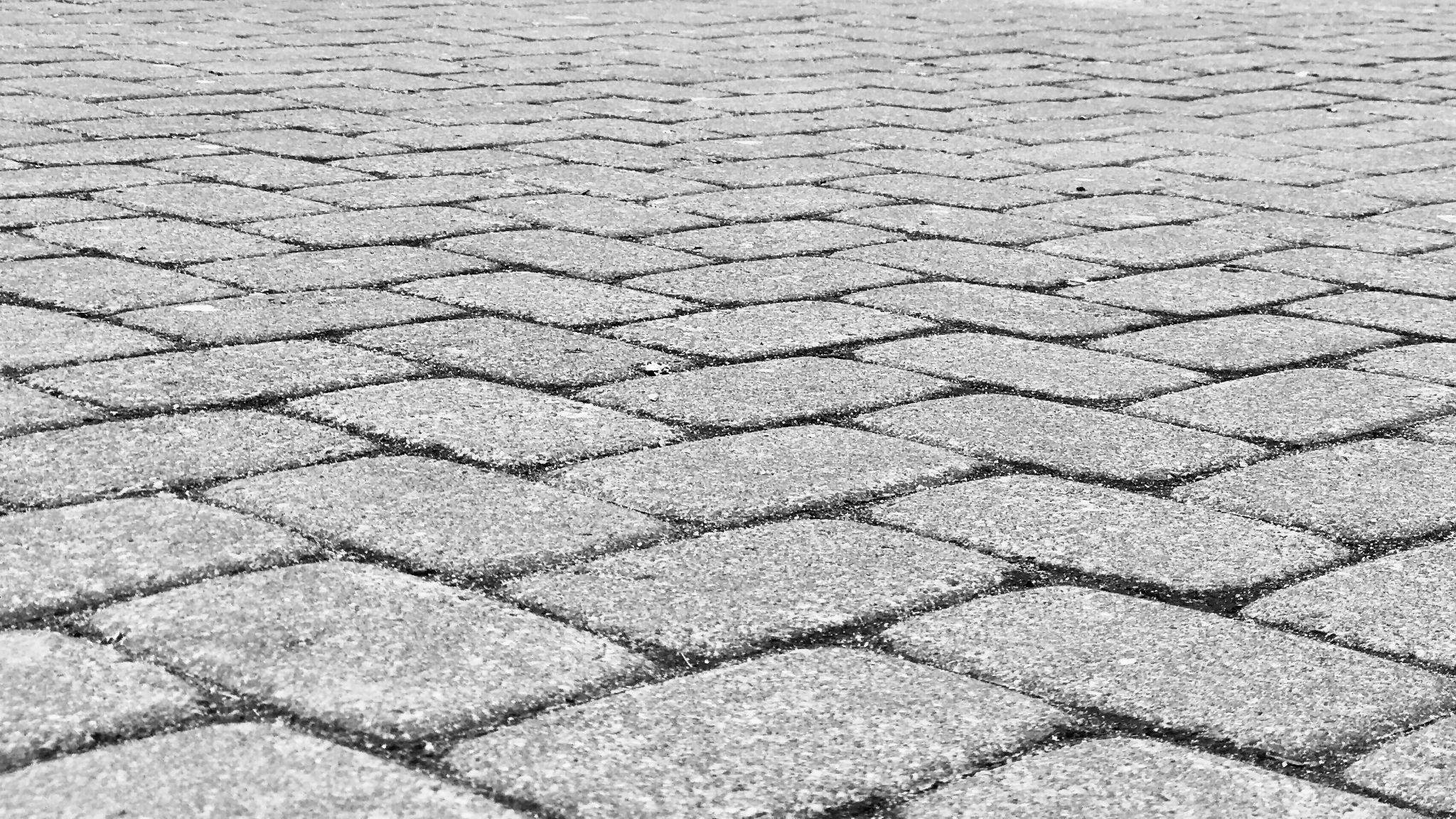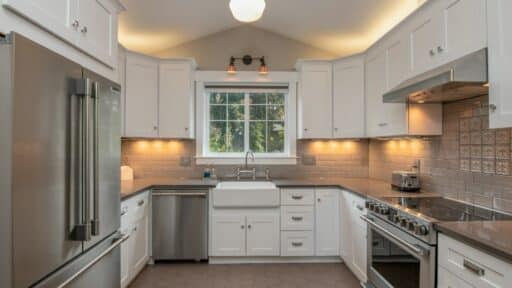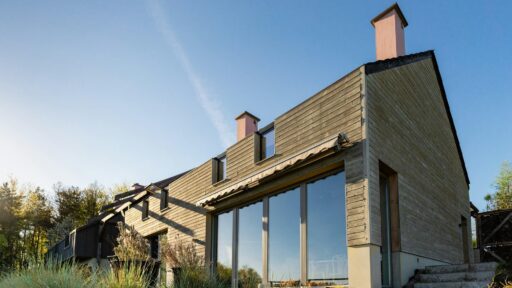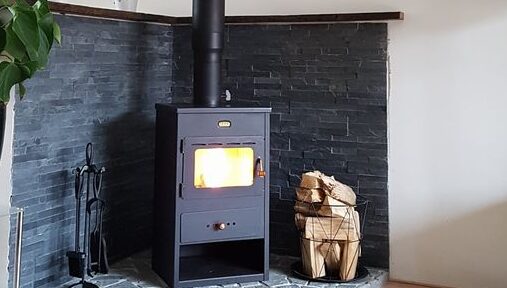A driveway is more than a spot to park your car – it’s part of your home’s face to the world. The material you choose will impact both how your property looks and how it functions year-round.
From classic gravel to durable concrete and elegant pavers, each option has strengths and tradeoffs. In this article, we’ll walk you through the most popular driveway materials, so you can select the one that works best for your home, your climate, and your lifestyle. If you’re considering something both long-lasting and visually refined, take a closer look at an interlocking driveway by OAKS Home Services, a perfect solution for your home.
What Should You Look for in a Driveway Surface?
Before comparing materials, it helps to think about what you need your driveway to do. You’re not just looking for something that fills space – you want it to function smoothly, last through the seasons, and match the style of your home.
- Ask yourself these key questions:
- Does your area experience extreme cold or heat?
- How much traffic will the surface handle daily?
- Do you want something low-maintenance or customizable?
- Are you working within a strict budget, or is longevity a top priority?
Having clear answers will make your choice much easier.
A Closer Look at Common Driveway Materials
Each surface type comes with pros and cons. Below, we break down the most popular materials used by Canadian homeowners – especially in areas like Toronto where climate and curb appeal both matter.

Interlocking Pavers
If you’re looking for a driveway that balances strength and beauty, interlocking pavers are a top contender. Their modular structure allows for custom patterns, and repairs are as simple as replacing a single unit.
Pavers offer unmatched design flexibility with a range of colours, textures, and patterns. They hold up well in freeze-thaw conditions and are easy to maintain. If a section becomes damaged, it can be lifted and replaced without disturbing the surrounding area.
The main drawback is the initial cost. Installation requires time, precision, and proper base preparation. Over time, joints may need to be refilled with polymeric sand to maintain stability and prevent weed growth.
Concrete
Concrete is a widely used option known for its durability. It provides a smooth, modern look and performs reliably over time when installed properly.
Among its main advantages are longevity and minimal upkeep. A well-installed concrete driveway can last for decades, and the surface requires little more than occasional cleaning. Homeowners can also choose from custom colours or stamped patterns to add subtle personality.
That said, concrete can develop cracks due to freeze-thaw cycles common in Canadian winters. Repairs can be difficult to blend in, and the surface may stain from oil or rust unless sealed regularly.
Asphalt
Asphalt is popular due to its affordability and fast installation. It works especially well in colder climates thanks to its flexibility.
Its biggest strength is value – lower initial costs make it appealing for long or wide driveways. Installation is typically quick, and the dark surface masks dirt and minor wear well.
However, asphalt isn’t maintenance-free. It needs to be resealed every few years to maintain its appearance and prevent cracking. Also, design options are limited, and it may soften slightly in extreme heat.
Gravel
For rural properties or large driveways, gravel remains a practical choice. It’s easy to install and offers natural drainage.
The primary benefit of gravel is its low upfront cost. It allows water to drain easily, reducing runoff issues, and it can be installed quickly without heavy equipment.
Still, gravel requires more upkeep than most other options. Stones tend to shift, ruts can form, and weeds may appear without proper edging or regular care. In snowy areas, clearing gravel driveways can be tricky.
Comparing Materials: Which One Fits Best?
Choosing the right material comes down to how each option aligns with your priorities. Below is a simplified comparison to help guide your decision:
Material | Cost | Maintenance | Design Options | Climate Resilience |
|---|---|---|---|---|
Interlock Pavers | $$$$ | Low-Moderate | High | High |
Concrete | $$$ | Low | Moderate | Medium |
Asphalt | $$ | Moderate | Low | High |
Gravel | $ | High | Low | Medium |
Keep in mind that initial costs don’t always reflect long-term value. A surface that lasts twice as long or requires fewer repairs might save money over time.
A great driveway doesn’t just do its job – it completes the look of your home. The material you choose should reflect how you live and what you care about most.








